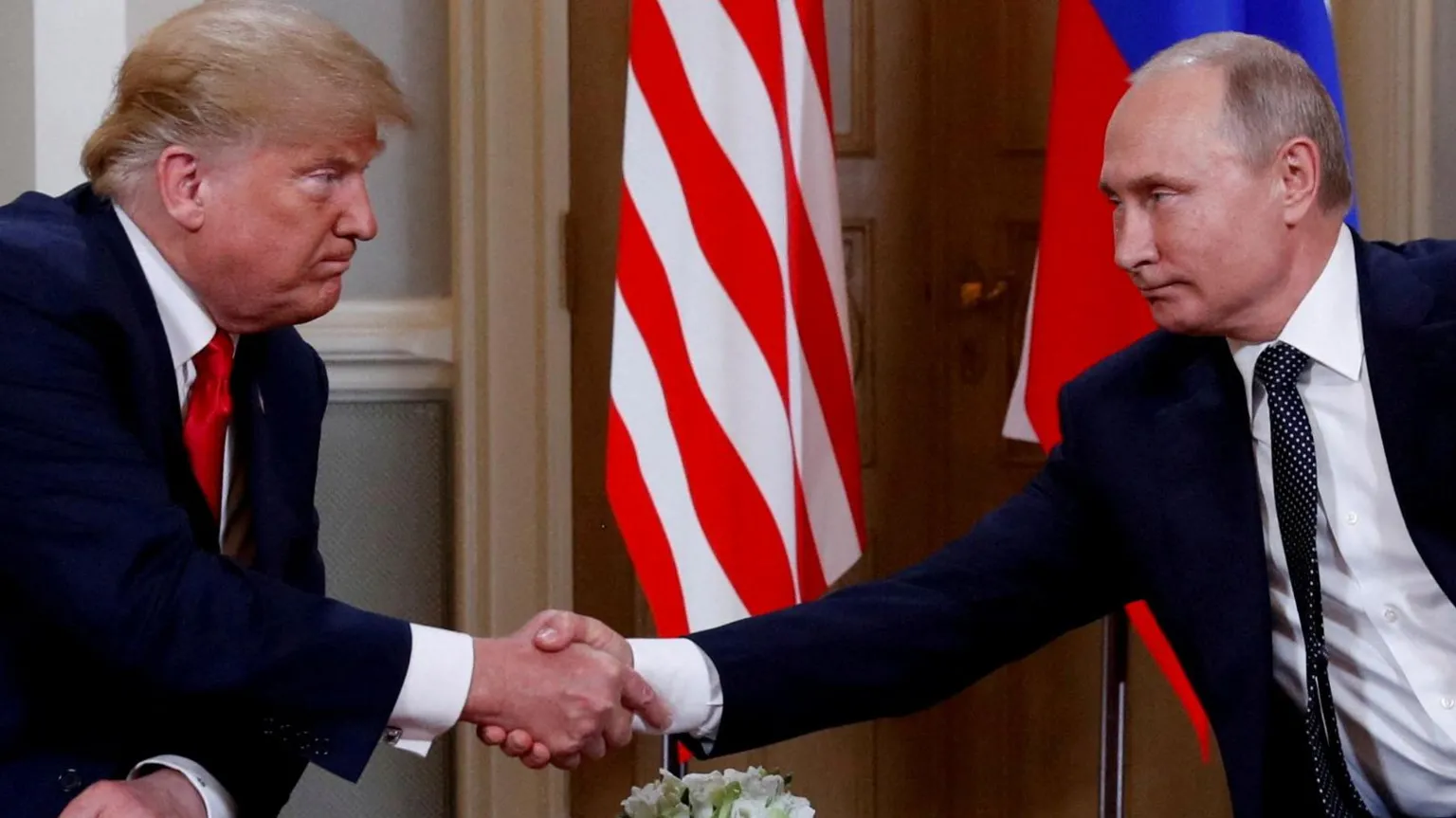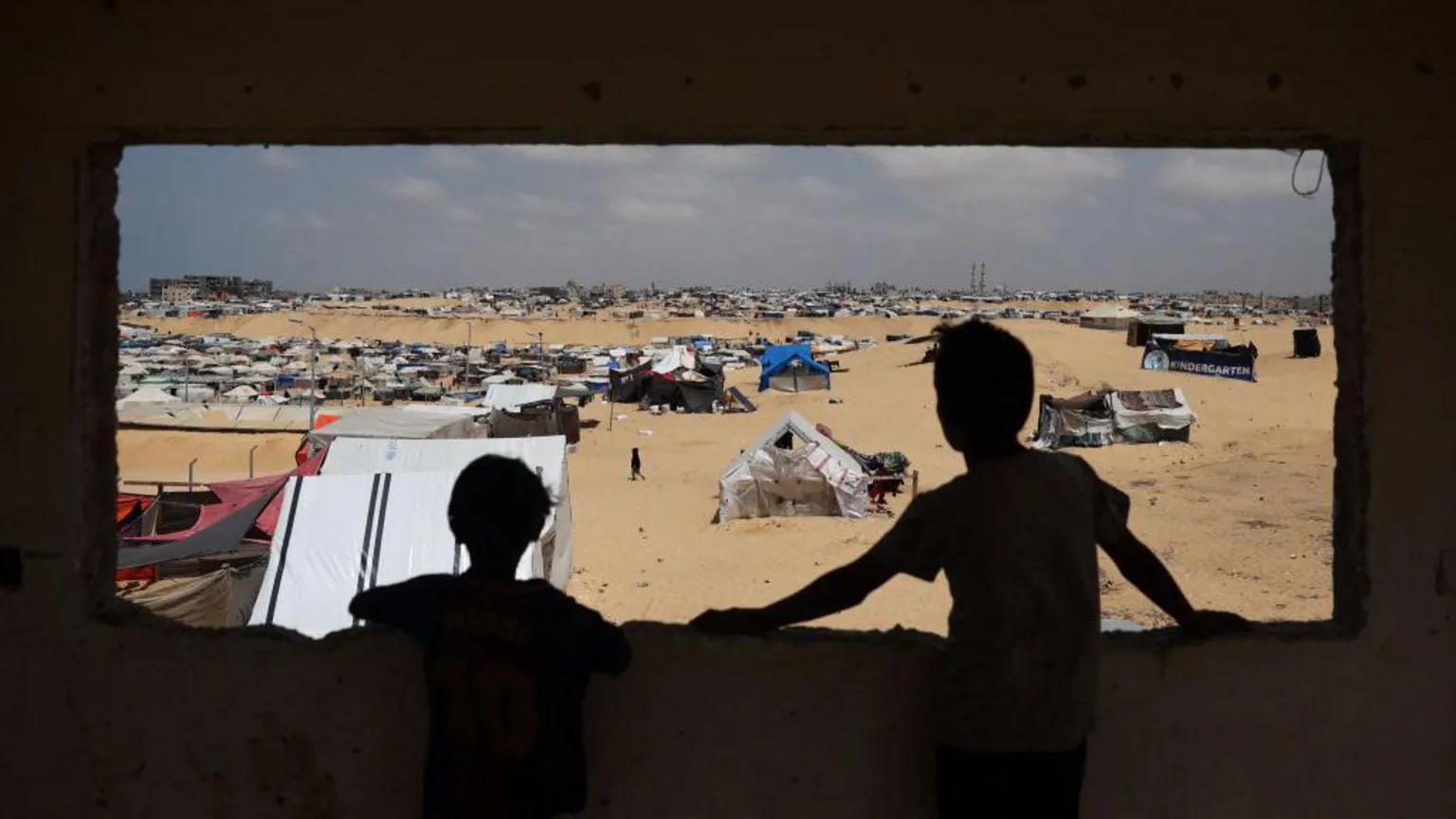
When Donald Trump met President Zelensky in New York last September, the then US presidential candidate exuded confidence he could bring the war in Ukraine to an early end. "If we win, I think we're going to get it resolved very quickly," he said.
How quickly he meant varied over time. In a TV debate a few days earlier, Mr Trump had promised he would "get it settled before I even become president". This was an escalation on his previous commitment in May 2023 to stop the fighting in the first 24 hours of his presidency.
Mr Trump has now been in office for more than two months and the penny may be beginning to drop in the White House that trying to end a conflict as bitter and complex as this may take time.
In a television interview last weekend, the US president admitted that when he promised to end the war in a day, he was "being a little bit sarcastic".
There are many reasons for the slower progress than Team Trump may have anticipated.
First, the president's belief in the power of his personal, one-on-one diplomacy may have been misplaced. He has long believed any international problem can be solved if he sits down with another leader and agrees a deal. Mr Trump first spoke to Vladimir Putin on 12 February, an hour-and-a-half conversation he described as "highly productive". The two leaders spoke again on 18 March.
But it is clear these telephone calls failed to secure the immediate 30-day interim ceasefire Mr Trump wanted. The only substantive concession he squeezed out of Mr Putin was a promise to end Russian attacks on Ukrainian energy facilities, a commitment he is accused by Ukraine of breaking within hours of the call.





 Israel said Wednesday that it planned to seize large areas of the Gaza Strip and add...
Israel said Wednesday that it planned to seize large areas of the Gaza Strip and add... The United Nations agency for children says that at least 322 children are reported to have...
The United Nations agency for children says that at least 322 children are reported to have...






























